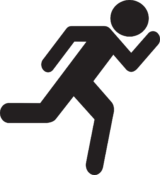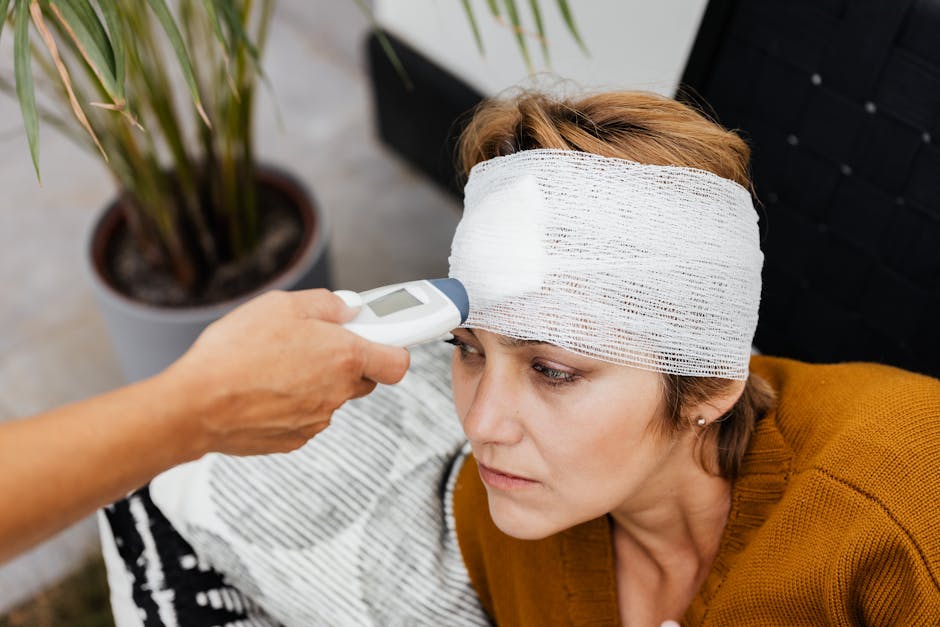The Role of Nutrition in Healing After a Head Injury
Head injuries can be life-altering, affecting not just your physical health but your mental well-being too. While medical treatment is paramount, nutrition plays a crucial role in the recovery process. In this blog post, we’ll explore how the right nutrients can aid in healing after a head injury, helping you or your loved ones get back on track more effectively.
Table of Contents
1. Introduction to Head Injuries and Nutrition
2. Understanding the Impact of Nutrition on Recovery
3. Key Nutrients for Brain Health and Recovery
4. Foods to Include and Avoid 🍎🚫
5. Conclusion
6. FAQs
Introduction to Head Injuries and Nutrition
Head injuries can range from mild concussions to severe traumatic brain injuries (TBIs). Regardless of severity, the brain requires specific nutrients to repair itself. Just like a car needs the right fuel to run smoothly, our brain needs optimal nutrition to heal and function properly. Let’s dive into the science of how nutrition impacts recovery.
Understanding the Impact of Nutrition on Recovery
Nutrition affects brain function by influencing neurotransmitter activity, reducing inflammation, and providing the necessary building blocks for cell repair. After a head injury, the brain’s energy requirements increase significantly, making it essential to support it with a nutrient-rich diet. Proper nutrition can help mitigate symptoms like fatigue, mood changes, and cognitive impairments.
Key Nutrients for Brain Health and Recovery
Here are some key nutrients that play a vital role in healing after a head injury:
1. Omega-3 Fatty Acids 🐟
Found in fish like salmon and supplements, omega-3s are anti-inflammatory and crucial for brain cell repair.
2. Antioxidants 🍇
Vitamins C and E, found in fruits and vegetables, help reduce oxidative stress and improve brain function.
3. Protein 🥩
Essential for cell regeneration, protein can be sourced from lean meats, eggs, and legumes.
4. Zinc and Magnesium
These minerals support nerve function and are found in nuts, seeds, and whole grains.
Foods to Include and Avoid 🍎🚫
Consuming a balanced diet rich in the above nutrients is key, but it’s also important to avoid certain foods:
Include:
• Leafy greens 🥬
• Berries 🍓
• Nuts and seeds 🌰
Avoid:
• Processed sugars 🍬
• Trans fats
• Excessive caffeine ☕
Conclusion
Healing from a head injury is a complex process that requires a multi-faceted approach. While medical treatments are essential, don’t underestimate the power of nutrition. By focusing on a diet rich in brain-boosting nutrients, you can support your body’s natural healing processes and enhance recovery. Remember, small dietary changes can make a big difference in the journey to recovery.
FAQs
1. Can a healthy diet speed up recovery from a head injury?
Yes, a diet rich in essential nutrients can support brain repair and improve recovery outcomes.
2. What foods should be avoided after a head injury?
Avoid processed foods, sugars, and trans fats as they can increase inflammation and impede recovery.
3. How important are omega-3 fatty acids after a concussion?
Omega-3s are crucial as they reduce inflammation and aid in repairing brain cells.
4. Can supplements help in recovery from a head injury?
Supplements like omega-3 and antioxidants can complement a healthy diet, but consult with a healthcare provider first.
5. How long should one focus on nutrition after a head injury?
Nutrition should be a long-term commitment for overall brain health, not just during the recovery phase.

